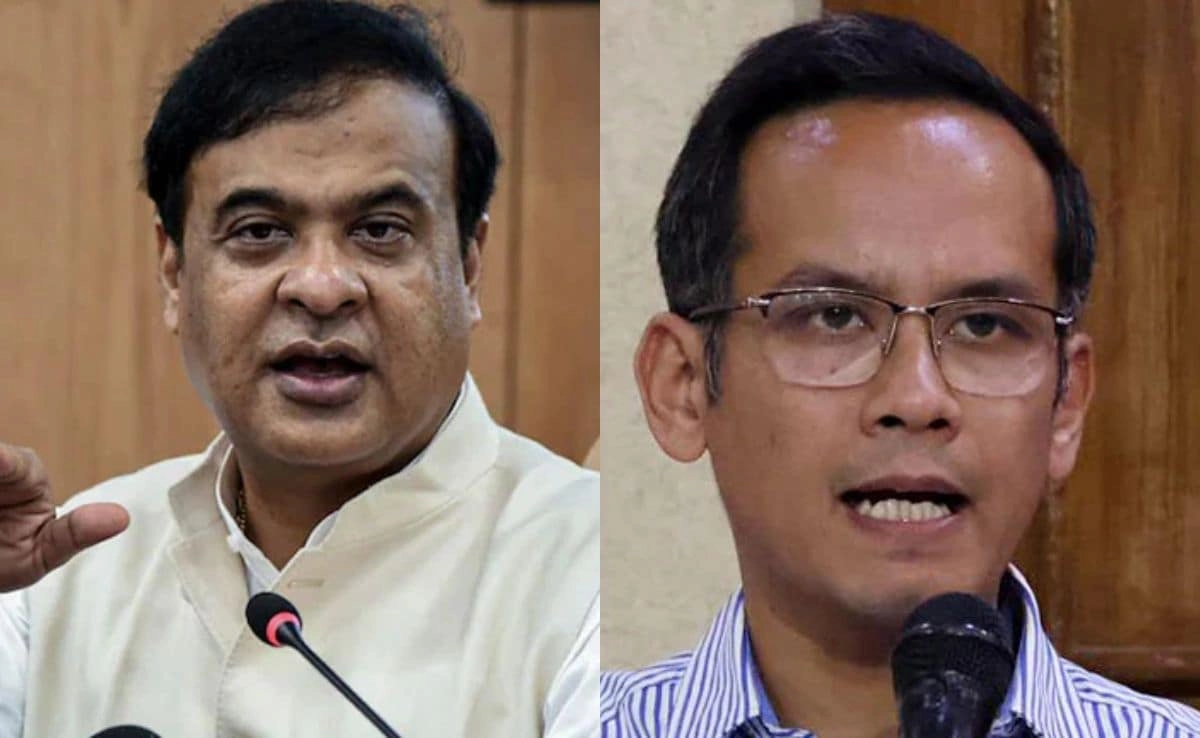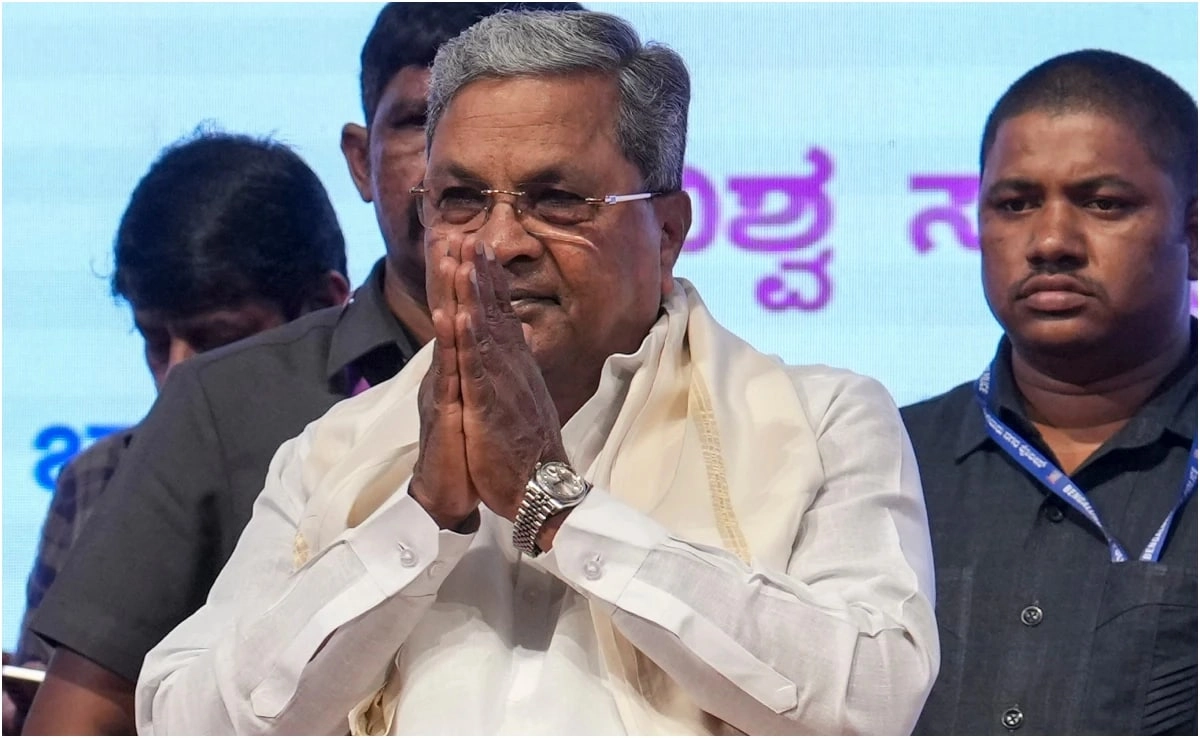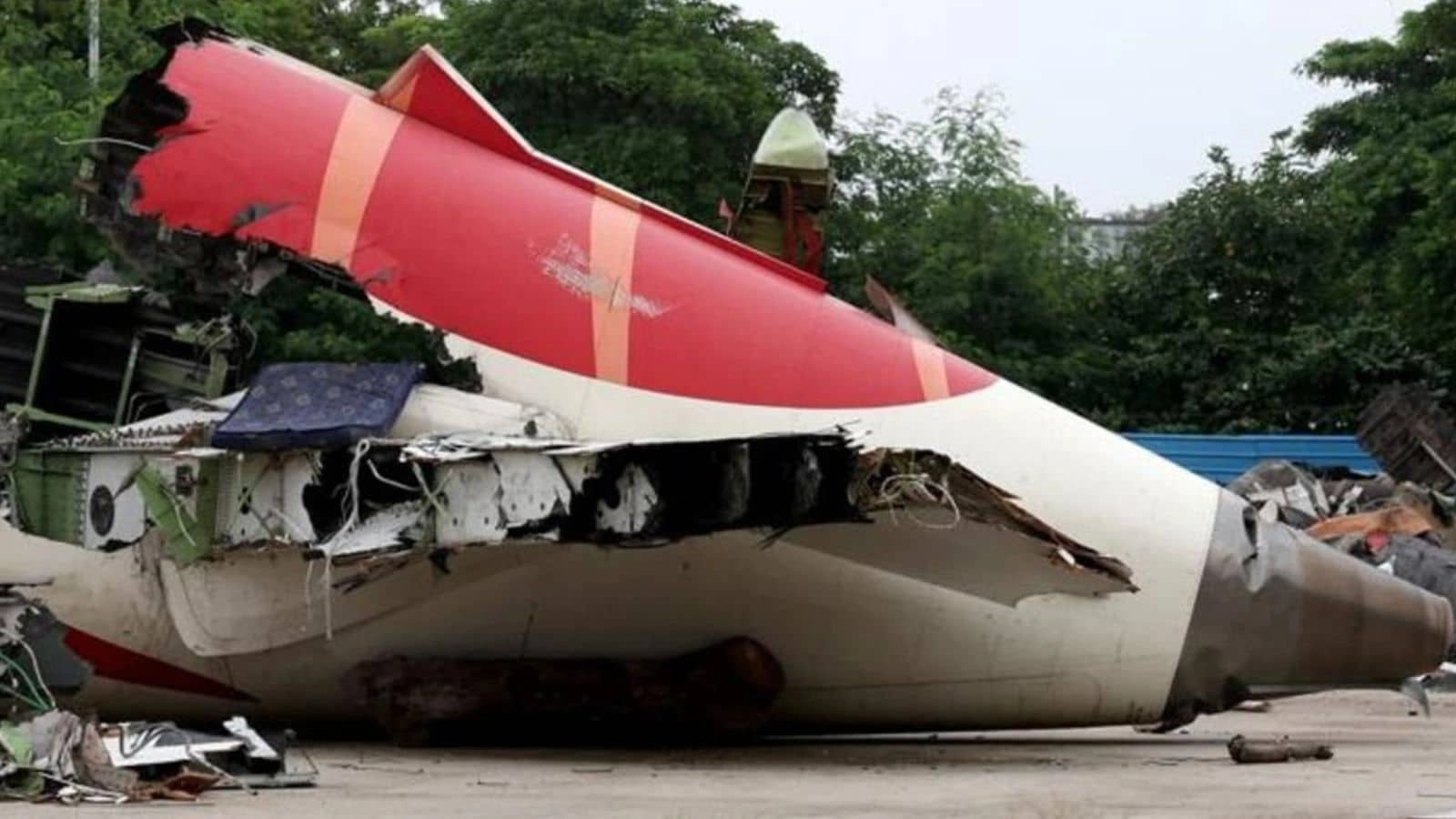The political landscape in India is often charged with fierce rivalry and contention, especially when it comes to the prominent figures in the ruling Bharatiya Janata Party (BJP) and the opposition parties. In a recent instance, the BJP has taken to mocking West Bengal Chief Minister Mamata Banerjee, suggesting that her imaginative governance has led to a distorted perception of reality in South Asia. This remark highlights the ongoing conflict between the two parties, with the BJP positioning itself as a defender of pragmatic governance while casting Banerjee’s approach as overly idealistic or disconnected from the ground realities.
Critics of Banerjee argue that her policies and public statements have at times strayed into the realm of fantasy rather than being grounded in the practical needs of the populace. The BJP’s comments come in the wake of Banerjee’s initiatives that aim to promote cultural and social reform in West Bengal. While her supporters applaud her vision and creative approaches to governance, detractors, particularly from the BJP, have seized upon these elements to paint her administration as out of touch. This mockery is not merely a political tactic but also reflects deeper ideological divides between the parties regarding how governance should be approached in a diverse and complex region like South Asia.
Furthermore, the BJP’s framing of Banerjee’s imagination as a liability underscores a broader narrative they are attempting to construct around their own governance style, which they claim is based on realism and tangible achievements. By contrasting their approach with what they describe as Banerjee’s fantastical vision, the BJP aims to solidify its position among voters who prioritize practical solutions over ambitious dreams. This political discourse serves to deepen the divide between the parties, with each side rallying its supporters around fundamentally different interpretations of leadership and governance.
Amidst this ongoing political rivalry, it remains crucial for the electorate to critically assess the claims made by both sides. The ability to discern between imaginative governance that seeks to inspire and visionary policies that may lack feasibility is essential for a healthy democracy. As the political battle continues, the implications of such mockery and rhetoric will undoubtedly shape the future of West Bengal and, by extension, the broader South Asian region. The ongoing contest between the BJP and Banerjee’s leadership will not only determine the political fate of the state but also influence the trajectory of regional politics in a time when unity and pragmatic governance are more vital than ever.




